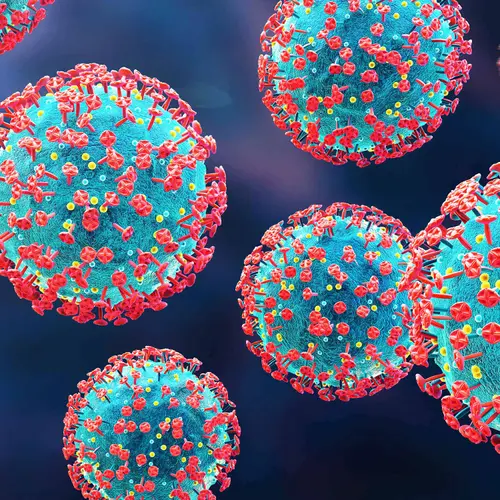If you or your partner has HIV, it’s still possible for you to have a healthy, HIV-free baby. You’ll just need to work closely with your doctor and care team before, during, and after pregnancy. This can help lower the chances of passing the virus to your baby or partner.
What to Do Before You Try to Have a Baby
Whether you’re a woman or man with HIV, it’s important to get the virus under control with medication before you try to have a baby. Following your treatment plan exactly and giving your newborn preventive HIV medicines as prescribed can lower your infant’s risk of getting the virus to 1% or less.
Talk to two doctors first: an HIV specialist and a pregnancy and childbirth expert called an obstetrician (OB-GYN). They’ll know if your or your partner’s HIV is controlled enough to try to have a baby.
The least risky time to try to get pregnant is when HIV medications lower the amount of virus in your body to levels that a test can’t find. Your doctor may call that an “undetectable viral load.” You’re much less likely to catch HIV from your partner or spread it to them during sex. You can also take other precautions. If your partner has the virus and you don’t, consider taking a daily pill called PrEP (pre-exposure prophylaxis) that helps ward off HIV.
Talk to your doctors about the medications you take before you try to have a baby. Most HIV meds are safe to take during pregnancy, but some aren’t.
If you and your partner decide a traditional pregnancy isn’t right for you, there are other ways to have a child. You can ask your doctors about options like:
- Artificial insemination
- In vitro fertilization
- Adoption
What to Know During Pregnancy
If you or your partner gets pregnant, you’ll work with an HIV specialist and OB-GYN to make sure the pregnancy goes as smoothly as possible. You might also work with a case manager. That’s someone who connects you with information and resources to help you care for yourself and stick to your treatment plan.
You’ll take more than one HIV medication. It may be the same combination that you took before you got pregnant. If you weren’t taking HIV drugs before you got pregnant, it’s important to start as soon as possible and stay on them. Don’t stop using an HIV drug unless your doctor tells you to.
Let your health care team know if you have any side effects. It’s common to have:
Experts aren’t sure if HIV treatments raise the chances for complications like premature birth or low birth weight. But it’s very important to take the drugs your doctor prescribes because they keep you from getting sick. And they up the odds that your baby will be born without HIV.
Make sure you go to all your pregnancy checkups. This is also called prenatal care. Your doctor makes sure you and your baby are doing well during these visits. Starting early on, they’ll give you blood tests to track your viral load, or the amount of virus in your body. They’ll also check to see how strong your immune system is by measuring the number of CD4 cells you have. That’s a type of white blood cell. In general, your baby is less likely to get HIV if you have a low viral load and a high CD4 cell count.
As your due date gets closer, you and your doctor will choose between a vaginal birth or C-section. The method that’s safer for your baby depends on your viral load in the weeks before your due date. If the amount of HIV in your blood is lower, your doctor may tell you that a vaginal birth is a safe option. If it’s higher, they may recommend a C-section to reduce your newborn’s risk of getting the virus from you during delivery.
What to Expect During Labor, Delivery, and After
When the big day arrives, you’ll keep taking your HIV medications on schedule during labor or before your planned C-section. Along with those meds, your doctor will give you another HIV drug through a needle in your vein (IV) if your viral load is higher than a certain level during labor. This helps protect your baby from infection.
The medical staff should test your newborn for HIV right after they’re born. Your doctor will talk to you and your partner about the follow-up HIV tests your baby needs and when to get them.
Ask the doctor if you should start giving your baby anti-HIV medications right away, even before you know whether your child has the virus or not. When a mother has HIV, their baby usually gets HIV medications for the first 4 to 6 weeks of life. This lowers their chances of getting infected with the virus.
Once your baby arrives, don’t breastfeed them. Even if you have an undetectable viral load, you still risk passing HIV to your infant through breastmilk. Give them infant formula instead. And don’t pre-chew any food for them -- that also poses a risk.
If your baby gets HIV despite your best efforts, early treatment can help them live a healthier, longer life.

